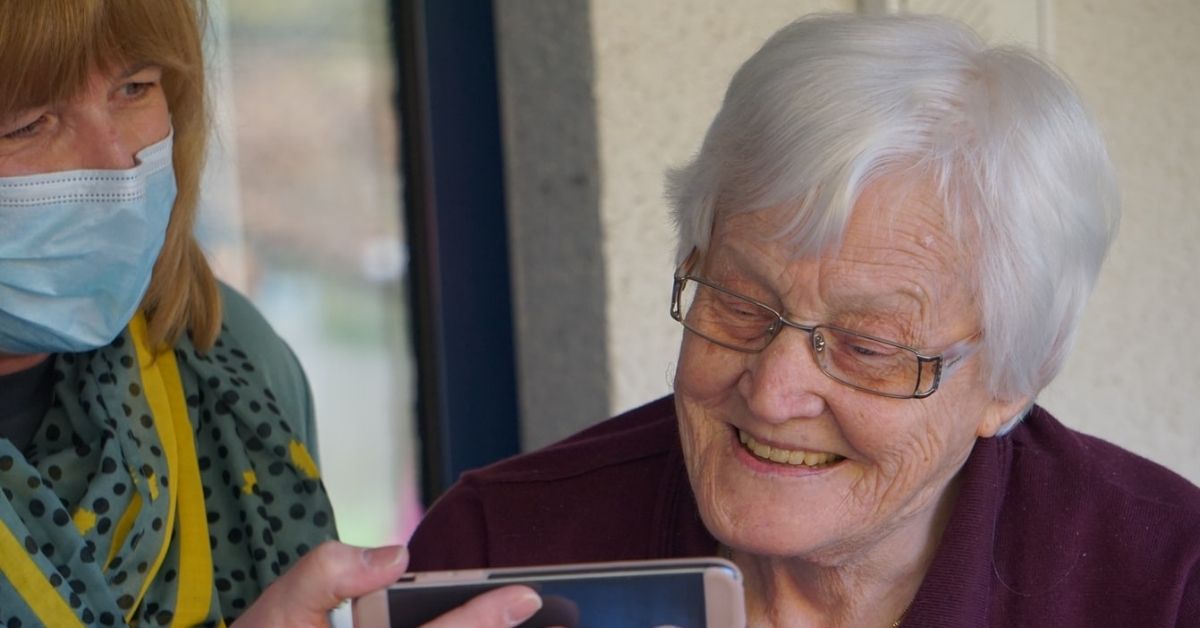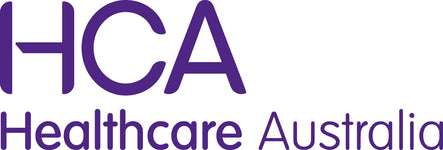
COVID-19 and the Royal Commission
An update produced by the HCA Online Learning Team
In the past, many nurses in Australia remember working as Student Nurses in part-time roles in Residential Aged Care and taking their own single pair of rubber gloves to use at work as the facility rationed disposable gloves. Aprons and face masks? There was no such supply.
1. An overview of the numbers and transmission:
"Never before has the aged care sector in Australia faced a challenge like COVID-19. As at 19 September 2020, 844 people have died in Australia as a result of the virus. Of these, 629 were living in aged care homes at the time of their deaths, although many died in hospital." Royal Commission into Aged Care Quality and Safety"
Included in this section of the report is the mandate that this is not the time for blame but to support those currently in crisis and restrict further tragedy. What has not been ruled out, however, is future, further investigation into the Pandemic's effect on Aged Care, as it is suggested that there was a discrepancy with many organisations regarding self-assessment of readiness, compared to actual readiness to face an outbreak.
2. Visitors and Quality of Life
This special report has highlighted the need for physical connection and relationships and how we might quickly reverse the impacts of isolation and loneliness amongst our elderly. Those who may not have been impacted by the virus as a physical ailment were absolutely impacted by the protective measures designed to safeguard our most vulnerable. The recommendation is to immediately fund providers to allow staffing to achieve this.
"For a lot of the residents, there's a strong sense of hopelessness, of not knowing when this is going to end or being able to see any changes for them". - Royal Commission into Aged Care Quality and Safety
Some of the initiatives suggested include strategies that may require additional staffing:
- coordination and screening of visitors
- walking programs and active and passive in-room exercise programs
- dedicated communications teams within facilities
- training programs for family members in infection control
2. Allied Health
According to the report, Allied Health should have barriers to provision of service removed to allow for increased quality of life, both immediately and post-pandemic.
3. Advisory Body Establishment for Aged Care
Experts should be engaged to coordinate and lead best industry practice with clear protocols for COVID-19 related issues, and in general. These protocols would reduce the negative impacts of delineation between the States and Territories, and the Federal Government. This concept would also reduce the possibility of confusion between Residential Facilities and Hospital Services.
4. Infection Control
- Not everyone is the expert they think they are when it comes to infection control, and experts should be trained to prevent outbreaks and reduce the impacts of any outbreaks that may occur. The Aged Care Advisory Board should mandate this training, and potentially be district-based.
- Insufficient supplies and incorrect use of PPE needs to be addressed as a matter of urgency.
